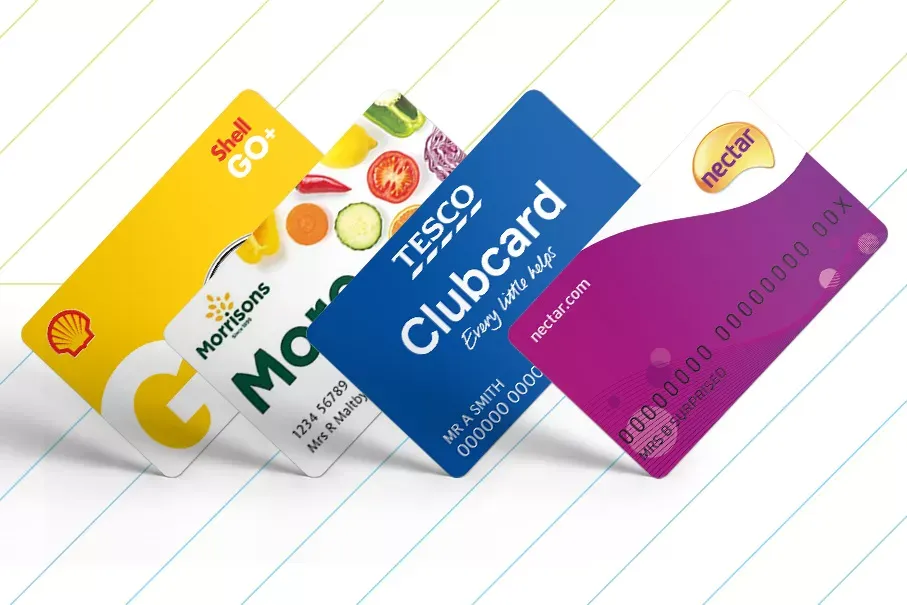21/01/2015
The colder months are when more care needs to be taken on the roads as reduced visibility and hazardous road conditions increase the likelihood of a breakdown or accident. Over 180,000 car accidents* were caused in the UK last year due to driving in adverse weather conditions such as fog, snow and rain. Supermarket fuel card provider, fuelGenie, has compiled simple winter driving tips to keep drivers safe on the roads in adverse conditions.
Driving in snow and ice
Stopping distances increase in snow and icy conditions by up to ten times. To avoid skidding on the road and losing control, drive so that you do not need to rely on your brakes to be able to stop, and keep a good distance from the vehicle in front.
Advise your drivers to plan work journeys around busy routes that will have been gritted and have high volumes of traffic to reduce the chance of skidding or vehicles getting stranded.
When snow is falling use dipped headlights or fog lights to ensure that the vehicle is visible to other drivers on the road. When snow is no longer falling, make sure not to dazzle other drivers and pedestrians with fog lights.
Visibility
Low lying winter sun can affect vision when driving and lead to accidents on the road. Ensure your company vehicles have the optimum visibility with simple checks:
- A common problem often ignored is ensuring the cooling system is topped up with anti-freeze, and the wind screen washer doesn’t run out. Many screen wash now comes with anti-freeze properties as an easy way to keep on top of the problem.
- Clean the windscreen inside and out as smears and chips can affect vision in direct sunlight
- To reduce condensation on the windscreen use the air conditioning to de-mist
- Replace windscreen wipers regularly, as a low cost but highly effective solution to optimise vision on the road
- Ensure that all bulbs are fully functional and bright – replace dull lights as soon as possible
Tyres
One of the first things to check on company vehicles are the tyres. Consider changing to winter tyres on the company fleet to improve traction and grip on slippery road surfaces. Although the legal limit is 1.6mm the recommendation for tyre tread during winter is 3mm, as once it gets below this point the stopping distance in an emergency increases dramatically.
Loose gravel, road salt and potholes can take their toll on tyres throughout the colder months. However, by taking preventative measures such as checking tread and pressure every few weeks you can help minimise potential vehicle downtime.
Battery
As it gets darker and colder the increased use of lights, heaters and wipers puts greater demands on the car battery. To save your battery:
- Don’t over run your heaters. Once the front and rear windows are clear in the morning, turn down the fan heater and turn off the rear heater
- If the vehicle has been standing idle for more than a couple of days an overnight trickle charge can be useful to give the battery a chance to revive
Oil
It’s worth considering that many vehicles need thinner oil this time of year because thick oil does not flow as freely in the cold as it does in warm weather. So the next time you need to top up the oil levels consider spending an extra couple of pounds to save you money in the long run.
Emergency winter pack
It may seem an extra hassle but making sure each company vehicle has its own emergency winter pack provides much needed comfort and relief to your drivers if a vehicle breaks down. This ensures drivers are comfortable and able to access essentials such as a warm blanket, torch, bottled water and snacks.
Remember companies have a legal duty of care to provide safe vehicles for staff, and this can be even more important in the winter months when weather conditions are adverse. If a company
vehicle is involved in an accident then the company could be held liable if the vehicle had not been properly maintained.
*Stats taken from The Sun


